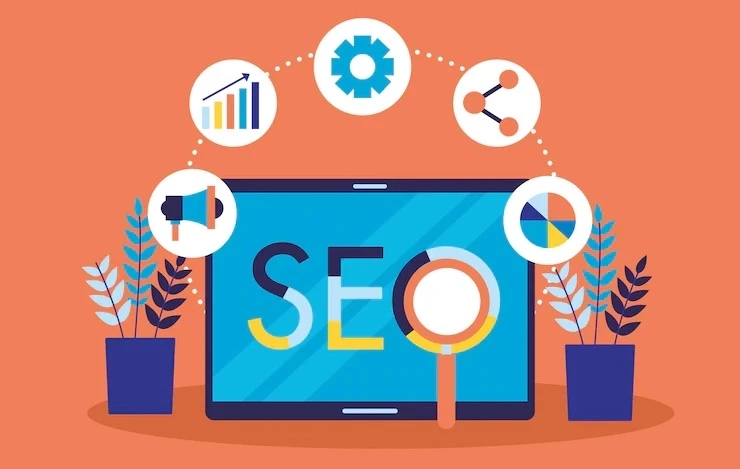Introduction
The search engine algorithms are always in a state of flux, but they generally favor websites that optimize their content and structure. If you want your site to rank highly on Google, it's important to make sure that your SEO strategy is aligned with Google's goals. In this article, we'll take a look at some of the biggest on-page SEO factors for 2022 and how to optimize them.
Optimizing for Core Web Vitals
One of the most important on-page SEO factors is optimizing your web pages' load speeds.
This is because Google has been prioritizing page load speed in its search results since 2014, and it's likely to become even more important in 2022.
Page load speed is an important factor that affects user experience, SEO, conversion rate, and bounce rate.
Mobile-First Indexing
If you have yet to adopt a mobile-first indexing strategy, it's time to get on board. Google's algorithm is making the shift, and you need to be prepared before they make their next move. The first change will be in late 2020; after that, every site will need up-to-date information on their mobile sites with the same content included on their desktop versions. This means that if you don't have your websites optimized for both platforms yet and have some work left to do you'll need to hurry up.
While there are many ways of optimizing your website so that it's ready for this change, here are a few things we recommend:
Make sure all pages contain accurate information about your business that is unique from any other page (e.g., no duplicate content).
Make sure all navigation links are visible on both devices (e.g., no menu buttons).
Create user experience (UX) elements such as images or videos only when necessary because these can slow down load times significantly if not used correctly
E-A-T
E-A-T stands for Expertise, Authority, and Trust. It's a ranking signal that Google uses to assess the quality of a website because it helps determine whether a website has been created by an expert in the field or simply someone who wanted to make some money off of spammy ads.
To determine E-A-T, Google looks at things like:
The amount of time someone has been working in your industry
Whether you're an employee or contractor on LinkedIn (and what kind of business you work for)
Where you're quoted in articles and thought leadership pieces online
Your online presence as measured by social media followership
SSL Encryption
SSL Encryption:
SSL is a security protocol that ensures all data sent between the user’s browser and your website is encrypted in transit. It is not required for every website, but it is recommended because it helps prevent third parties from intercepting the communication between your site and users. SSL encryption also increases trust between you and your visitors, which can help improve conversions on your website.
SSL is not a ranking factor, but it could be a ranking signal in the future:
Google does not use SSL as a direct ranking signal yet, but the company still wants search engines to be able to collect information from secure sites so they can provide searchers with better results when searching for products or services online using popular search engines like Google (i.e., HTTPS). Because of this desire, Google has announced plans to make changes that would allow them to rank encrypted sites higher than unencrypted ones when they're relevant matches."
Page Speed
Page speed affects SEO. Google's goal is to provide users with the best possible experience, and a slow website doesn't help anyone. When it comes to page speed, there are two different things you need to look at:
How long does it take for your content to load on average
How much time do users spend waiting for pages or elements like ads or videos to load
Zero-Click Searches
Zero-click searches are exactly what they sound like: the results that appear when you search for a keyword and click on the search result. Google's zero-click searches are also known as zero-click organic results since they're organic (free) listings only shown in the SERPs. This means there are no paid ads involved. You can think of these as being similar to organic search results but with a few differences:
There is no cost to appear here; however, those who rank highly often get more engagement than those below them
They're usually located above the fold (so users don't need to scroll down before seeing content)
A successful on-page SEO strategy needs to consider what Google wants in order to rank a website.
The most important thing you can do to optimize your website for search engines is to make sure that your content is highly relevant, useful, and readable. This means the site needs to focus on providing visitors with the information they want or need when they visit.
In addition to keywords and meta descriptions, Google also looks at how long it takes for a page to load, how many outbound links are present (and if they are related), security certificates, and HTTPS status among other factors.
Conclusion
Ultimately, your on-page SEO strategy needs to be more than just the basics in order for it to be effective. You need to keep the user experience top-of-mind and make sure that you're optimizing for core web vitals like mobile-first indexing and eA T. If you can do these things well, then you'll have a better chance of ranking high in Google's search results.


